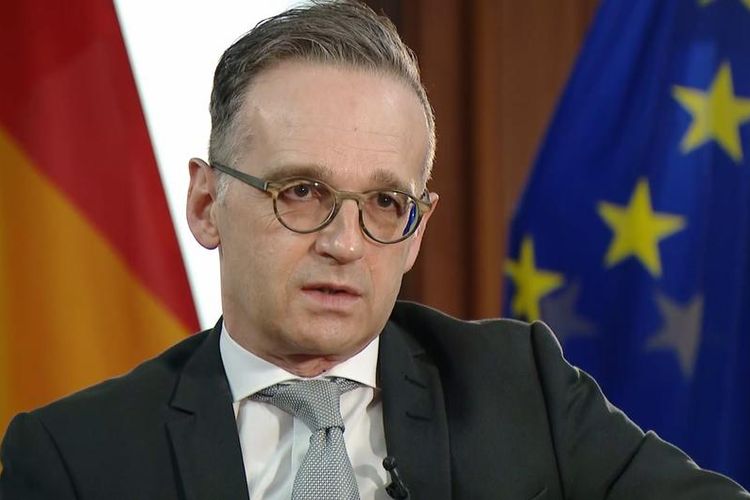KOMPAS.com - An AI arms race is already underway. That's the blunt warning from Germany's foreign minister, Heiko Maas.
"We're right in the middle of it. That's the reality we have to deal with," Maas told DW, speaking in a new DW documentary, "Future Wars — and How to Prevent Them." It's a reality at the heart of the struggle for supremacy between the world's greatest powers.
"This is a race that cuts across the military and the civilian fields," said Amandeep Singh Gill, former chair of the United Nations group of governmental experts on lethal autonomous weapons. "This is a multi-trillion dollar question."
Great powers pile in
This is apparent in a recent report from the United States' National Security Commission on Artificial Intelligence.
It speaks of a "new warfighting paradigm" pitting "algorithms against algorithms," and urges massive investments "to continuously out-innovate potential adversaries."
And you can see it in China's latest five-year plan, which places AI at the center of a relentless ramp-up in research and development, while the People's Liberation Army girds for a future of what it calls "intelligentized warfare."
As Russian President Vladimir Putin put it as early as 2017, "whoever becomes the leader in this sphere will become the ruler of the world."
But it's not only great powers piling in. Much further down the pecking order of global power, this new era is a battle-tested reality.
 German Foreign Minister Heiko Maas: 'We have to forge international treaties on new weapons technologies'
German Foreign Minister Heiko Maas: 'We have to forge international treaties on new weapons technologies'Watershed war
In late 2020, as the world was consumed by the pandemic, festering tensions in the Caucasus erupted into war.
It looked like a textbook regional conflict, with Azerbaijan and Armenia fighting over the disputed region of Nagorno-Karabakh. But for those paying attention, this was a watershed in warfare.
"The really important aspect of the conflict in Nagorno-Karabakh, in my view, was the use of these loitering munitions, so-called 'kamikaze drones' — these pretty autonomous systems," said Ulrike Franke, an expert on drone warfare at the European Council on Foreign Relations.
 'Loitering munitions' saw action in the 2020 Nagorno-Karabakh war
'Loitering munitions' saw action in the 2020 Nagorno-Karabakh warBombs that loiter in the air
Advanced loitering munitions models are capable of a high degree of autonomy. Once launched, they fly to a defined target area, where they "loiter," scanning for targets — typically air defense systems.
Once they detect a target, they fly into it, destroying it on impact with an onboard payload of explosives; hence the nickname "kamikaze drones."
"They also had been used in some way or form before — but here, they really showed their usefulness," Franke explained. "It was shown how difficult it is to fight against these systems."






























